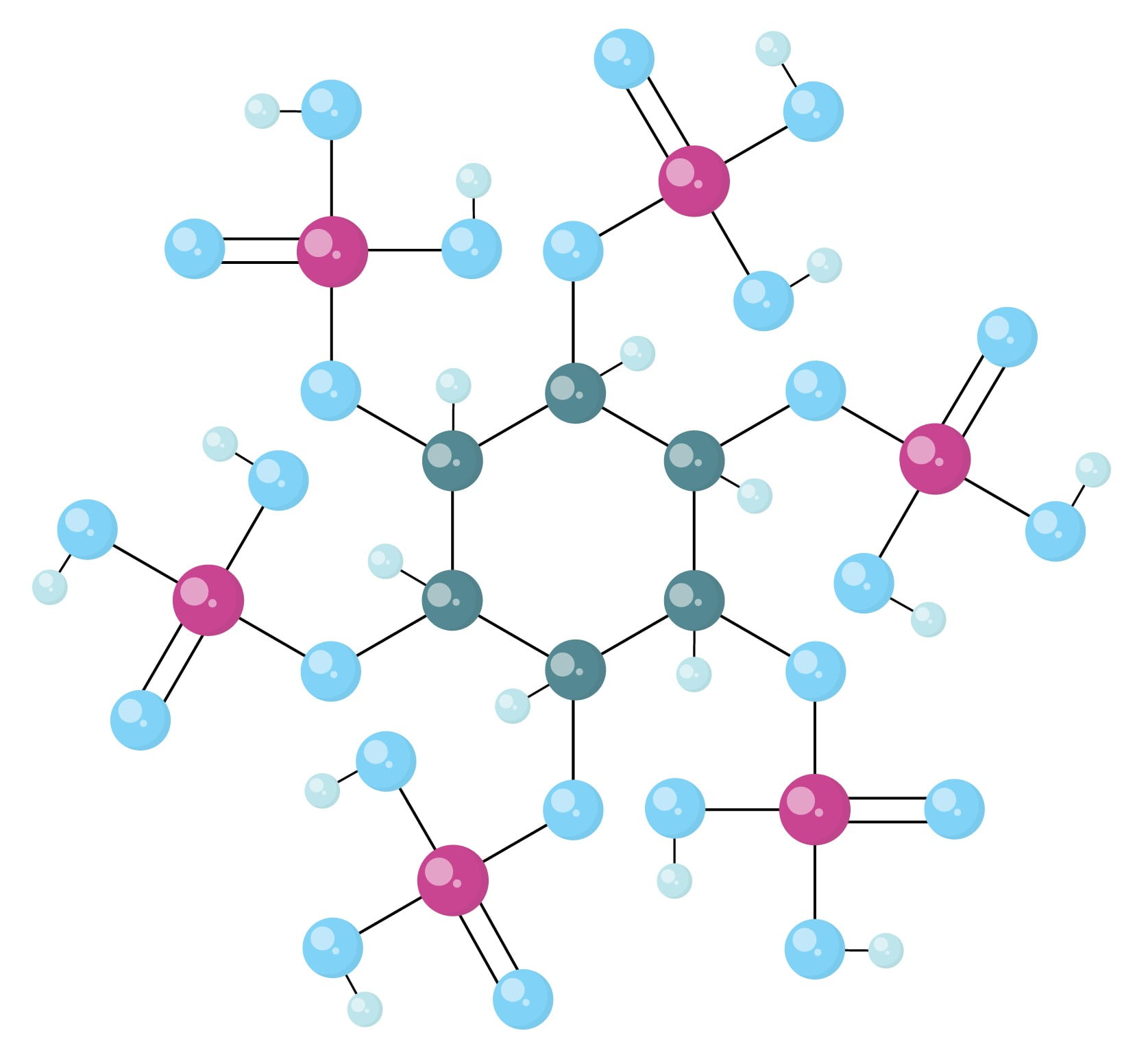
Biobased PIN flame retardant reduces heat and smoke release from epoxy by over one third. Waste peanut shells were pyrolysed at 700°C, to produce biochar, which was then combined with phytic acid (a natural phosphorus rich molecule widely present in plant seeds) and melamine (a nitrogen compound). This bio-based PIN FR was then fixed into bisphenol epoxy resin by curing with diaminodiphenylmethane, at 3% PIN FR loading. The PIN FR did not significantly deteriorate epoxy brittleness and increased tensile strength. Peak heat release rate and total smoke release were reduced by 37% and 31%. Flame retardant effect is considered to result from inert gas release and structured char formation. The authors conclude that the phosphorus – melamine – peanut shell biochar material could be an effective, environmentally friendly PIN flame retardant for epoxy.
“A novel green IFR system: Design of a self-assembled peanut shell-based flame retardant and its fire performance in EP”, J. Liang et al., Progress in Organic Coatings 174 (2023) 107277 https://doi.org/10.1016/j.porgcoat.2022.107277